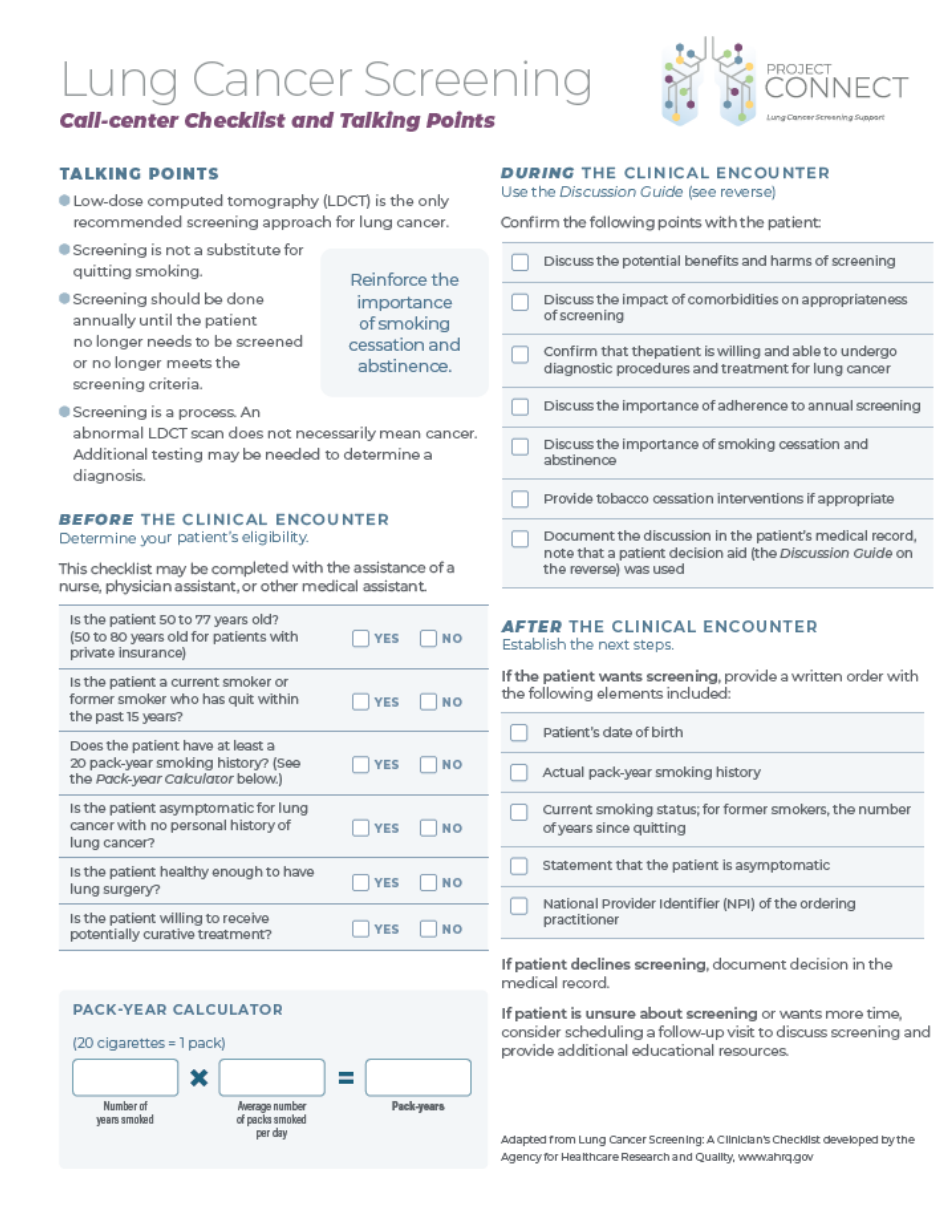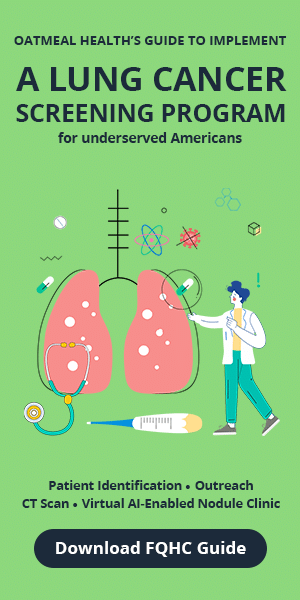Share this article and save a life!
Asking patients about their smoking history is an important part of cancer screening because smoking is a major risk factor for many types of cancer. Studies have shown that smoking is responsible for approximately 30% of all cancer deaths in the United States, and it is the leading cause of preventable cancer deaths worldwide.
When a patient is screened for cancer, healthcare professionals want to identify any potential risk factors that may increase the patient’s chances of developing the disease. Smoking is a well-established risk factor for a variety of cancers, including lung, throat, mouth, esophagus, bladder, kidney, pancreas, and cervix cancers.
By asking patients about their smoking history, healthcare professionals can determine if the patient is at an increased risk for these types of cancers and may need additional testing or more frequent cancer screenings. They can also provide information about the benefits of quitting smoking and offer resources to help patients quit, which can significantly reduce their risk of developing cancer and other smoking-related health problems.
Overall, asking patients about their smoking history is a crucial part of cancer screening that can help healthcare professionals identify and prevent the development of cancer.
Lung cancer screening questions checklist
Full source: Download Project Connect PDF.
Share this article and save a life!
Author:

Jonathan is a seasoned executive with a proven track record in founding and scaling digital health and technology companies. He co-founded Oatmeal Health, a tech-enabled Cancer Screening as a Service for Underrepresented patients of FQHCs and health plans, starting with lung cancer. With a strong background in engineering, partnerships, and product development, Jonathan is recognized as a leader in the industry.
Govette has dedicated his professional life to enhancing the well-being of marginalized populations. To achieve this, he has established frameworks for initiatives aimed at promoting health equity among underprivileged communities.






